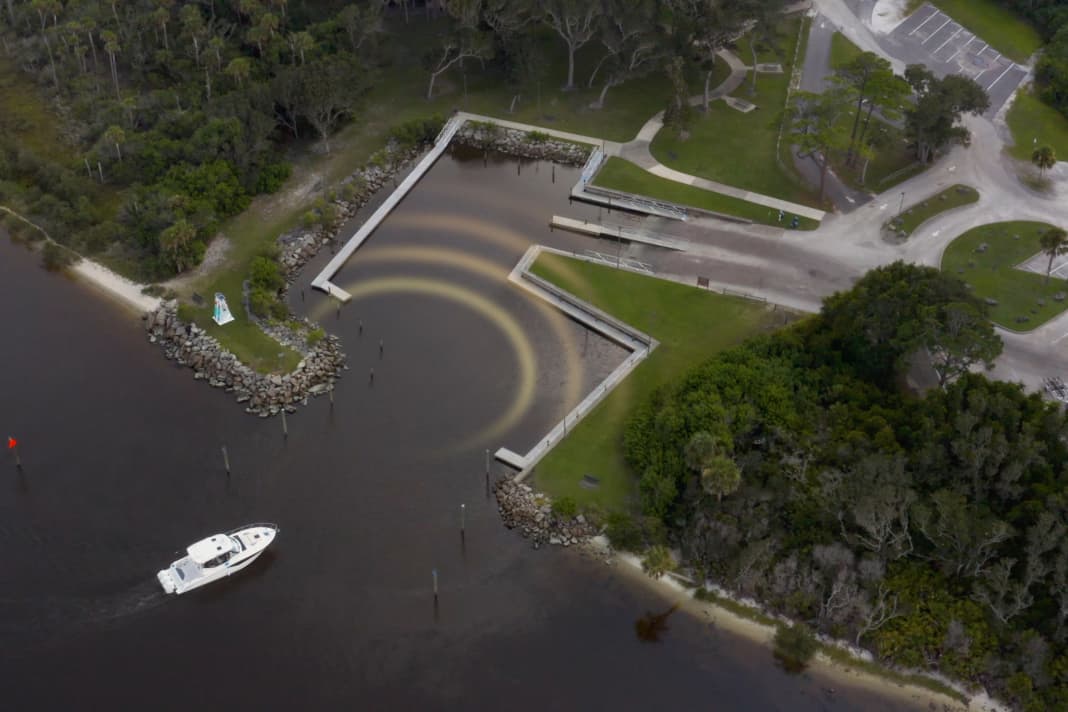





A new system developed by Navico, a subsidiary of Brunswick Corporation, in collaboration with Apex.AI-Software, promises to remedy the situation. They have designed an intelligent mooring assistant that makes harbour manoeuvres child's play.
The unit will be presented at this year's Miami Boatshow (14/02/2024 - 18/02/2024) on a Boston Whaler. The yacht is equipped with modern camera technology, sensors and an electronically controlled propulsion system and can detect the outline of the harbour. According to the manufacturer, the software determines the route to a suitable berth and then steers the boat gently into this berth without the need for human intervention - without any hectic rush. The mooring assistant is to be followed by further autonomous driving functions.
The Apex AI software is already being used successfully in the automotive, agricultural engineering and commercial vehicle sectors. Brunswick produces boats of the Bayliner, Sea Ray, Boston Whaler and Quicksilver brands, among others. The portfolio also includes electronics and navigation equipment for the maritime sector as well as Mercury, Mercury Diesel and MerCruiser engines.
(AI = artificial intelligence)
AI on the rise in all areas
Artificial intelligence has brought about revolutionary changes in many industries and is also increasingly being used in the yacht sector. One example of this is the autonomous navigation of yachts, where sensors and cameras record the surroundings and AI algorithms plan the optimum route in real time. AI systems can also adjust the sailing position according to wind conditions in order to maximise efficiency.
Traffic safety at sea is increased through the use of AI, as obstacles and other ships are recognised to prevent potential collisions. AI also provides valuable services in weather forecasting and adapting to changing conditions by providing more accurate forecasts for the yacht's location.
The maintenance and repair of yachts can also benefit from AI by monitoring the condition of the ship and recognising potential problems at an early stage. This means that maintenance measures can be carried out in good time and major repairs can be avoided. In energy management, AI can help to optimise energy consumption on board by monitoring electrical devices and making suggestions for improving energy efficiency.
In terms of security, AI can be used to monitor surveillance cameras and detect theft or other suspicious activity on board. It can also help to improve communication between crew members and external communication channels.
As a further service for customers and guests, AI-supported systems on board can provide personalised recommendations for excursion destinations or restaurants in the vicinity and better understand the personal preferences of guests to make their stay even more enjoyable. Finally, AI can be used to optimise warehousing and replenishment planning to ensure that all required resources are available during a trip and to avoid waste or supply shortages.
